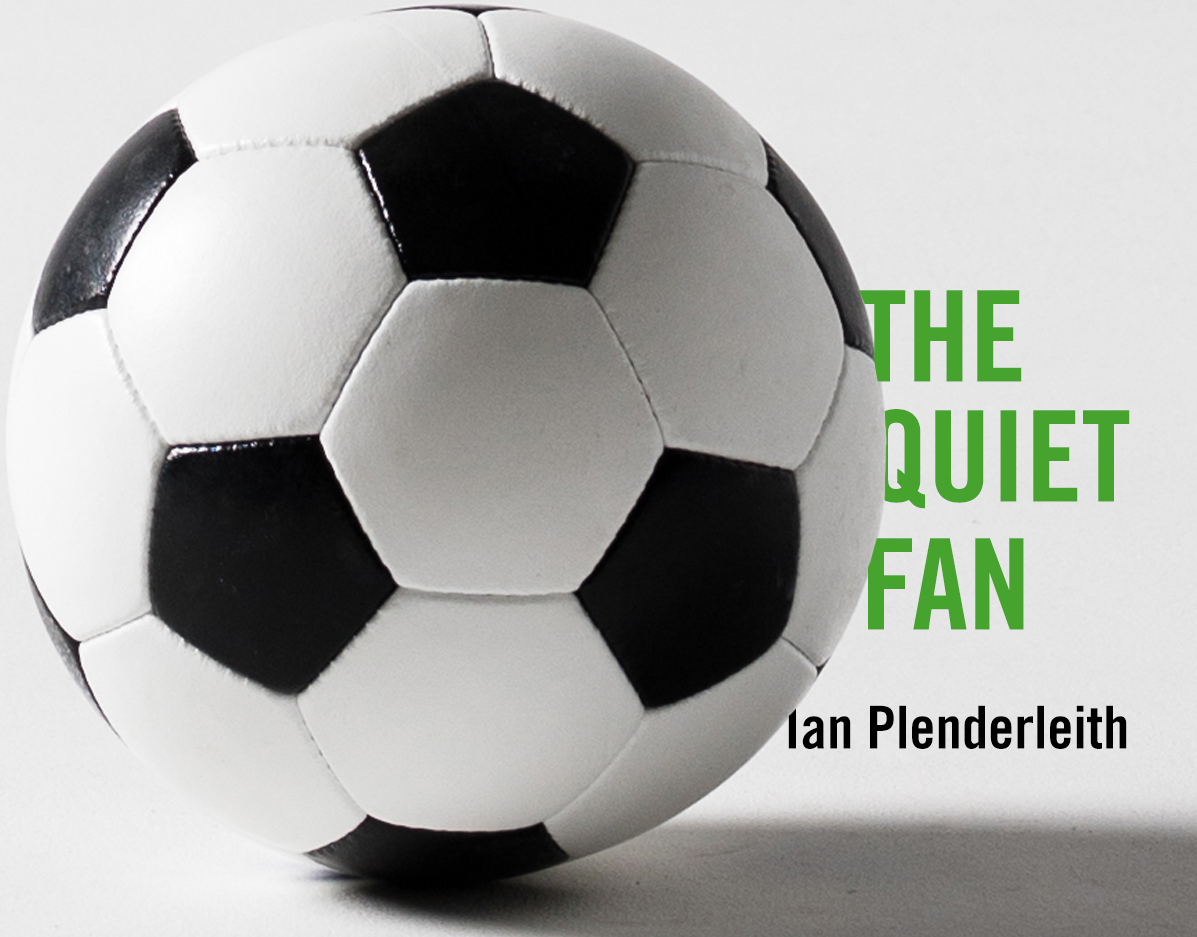Seventeen years ago today on Monday April 8th, 2002, I went to watch Boston United play Stevenage Borough (as they were known back then) in the fifth tier of English football. The game ended 0-0 and I can not remember a single thing that happened on the actual field of play. Yet I recalled the evening well enough for the game to become the backbone to Chapter 12 of The Quiet Fan, 'Reconciliation'. It was the first game that my long since divorced parents, myself and my sister had been to watch together as a family in a quarter of a century.
Here's a short extract:
 That Monday afternoon my dad had come round like a moping teenager to just sort of hang out at his ex-wife’s, and said he had no plans for the evening. And so we thought we should do something together, which wasn’t something that had ever gone well. In the 1970s this meant trips to stately homes (I would always throw up, usually in the car because I was too afraid to admit I was feeling ill), Sunday walks in the Wolds (my sister in a perma-huff, walking either 100 yards ahead or behind), a day in Skegness but with none of the fun (I wasn’t allowed to waste money in the arcades), or weekends with relatives or family friends my parents would complain about all the way home. Whatever the trip, my sister and I always, always wanted to stay at home.
That Monday afternoon my dad had come round like a moping teenager to just sort of hang out at his ex-wife’s, and said he had no plans for the evening. And so we thought we should do something together, which wasn’t something that had ever gone well. In the 1970s this meant trips to stately homes (I would always throw up, usually in the car because I was too afraid to admit I was feeling ill), Sunday walks in the Wolds (my sister in a perma-huff, walking either 100 yards ahead or behind), a day in Skegness but with none of the fun (I wasn’t allowed to waste money in the arcades), or weekends with relatives or family friends my parents would complain about all the way home. Whatever the trip, my sister and I always, always wanted to stay at home.
I proposed Boston United v. Stevenage Borough. Boston was a club that had

